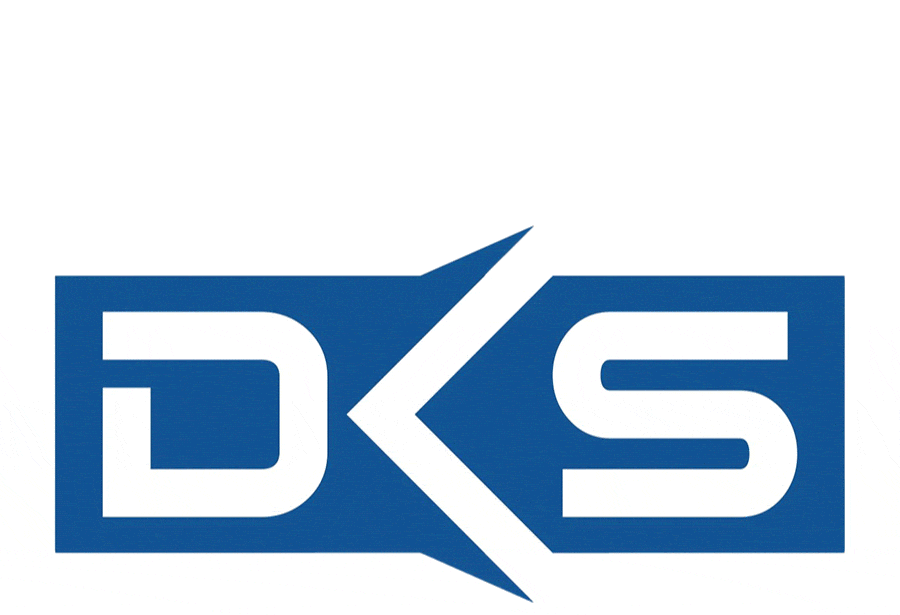As we approach the end of the year, thoughts turn toward year-end reporting. Whether you handle bookkeeping for a business or a nonprofit, here are a few tips to help your year-end go more smoothly:
#1: Be Proactive
When your accountant is preparing your annual report or your income tax return, note the questions they ask. If you find yourself digging deep for answers or lost as to where to go, then it’s time for some adjustments to your methods.
Notes: For abnormal transactions, always make a note in the description or memo. No matter how much you think you’ll remember the circumstances, you most likely won’t a year later.
Reports: Look at your Profit and Loss Report (Statement of Activity) and your Balance Sheet (Statement of Financial Position) monthly. Check to see if everything looks accurate. Do your revenues and expenses look normal? If something doesn’t look right, now is the time to look into it. It’s a lot easier to fix inconsistencies early than try to find them all and fix them at year’s end.
Paper Trail: Creating policies and sticking to them now can help you keep your business or nonprofit out of trouble in the long run. I strongly recommend the following:
- Always have an invoice or receipt before payment. This is particularly important for reimbursements.
- Be sure that all credit card holders submit receipts and explanations of expenses monthly to maintain the privilege of using company credit cards.
- Make it a habit to get a W-9 before making the first payment to new contractors, LLC corps, etc. Immediately put this info in your system; it will greatly reduce the run around when needing to create 1099s by the filing deadlines.
#2: Look Backwards
Oftentimes bookkeeping is subject to interpretation. Today that printer purchase looks like you should categorize it as Office Supplies, while eight months ago it seemed like it should have gone to Equipment Expense.
What is most important is that categorization is consistent. When in doubt, look back. Whether it’s an invoice that only happens quarterly or an expense that could go either way, look back and see how it has been categorized in the past and work accordingly. This is a good time to “be proactive” and edit any transactions that are inconsistent.
When other employees are categorizing transactions (e.g. credit card receipts), there are many interpretations for categorization. Regardless of their interpretation, it is up to you to make sure it goes in the books properly and consistently. It may be helpful to have a form or prepared spreadsheet for them to fill out when submitting receipts, or a list of categories that matches the expenses in your Chart of Accounts.
For nonprofits, you’ll want to have a list of “programs” that match the funds in your books and assign expenses to these programs.
#3: Keep up
Whether you are a large company or a small nonprofit, the healthiest thing to do for your bookkeeping is to keep up!
With so many things to do, it’s easy to watch your bank balance but never actually enter your income and expenses. Before you know it, you have a pile of invoices and receipts on your desk, and you’re wondering how in the world you’re going to make your quarterly payroll tax payments to the IRS, not to mention the sales tax payments that your state, county and city are requiring. Now you have to carve out a week to catch up — and none of us have time for that.
Make time: Whatever time it is, first thing in the morning or Friday afternoons, find a time to catch up on your income and expenses while they’re fresh on your mind. Go ahead and scan those receipts, file them away, and move on. My grandma always told us that it’s easier to pick up after ourselves immediately. It will take much longer to clean up after your numbers if you leave it until later.
Reconcile: Now with downloaded transactions and online banking, it may seem like overkill, but reconcile monthly. This helps you to catch double-entries or uncleared checks a lot sooner, and you can clean up those mistakes before your CFO finds them.
Hopefully, these simple reminders will help you to finish your year strong, with time left for the most important things.
Charity Schroer is a team member of Duran Kinst Strategies.
Need a hand or two with your bookkeeping? Contact us! Our experts would love to help you organize the information you need for your business or nonprofit to thrive.
